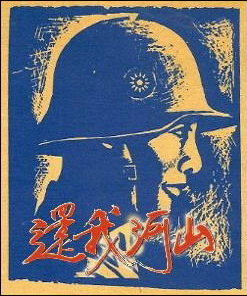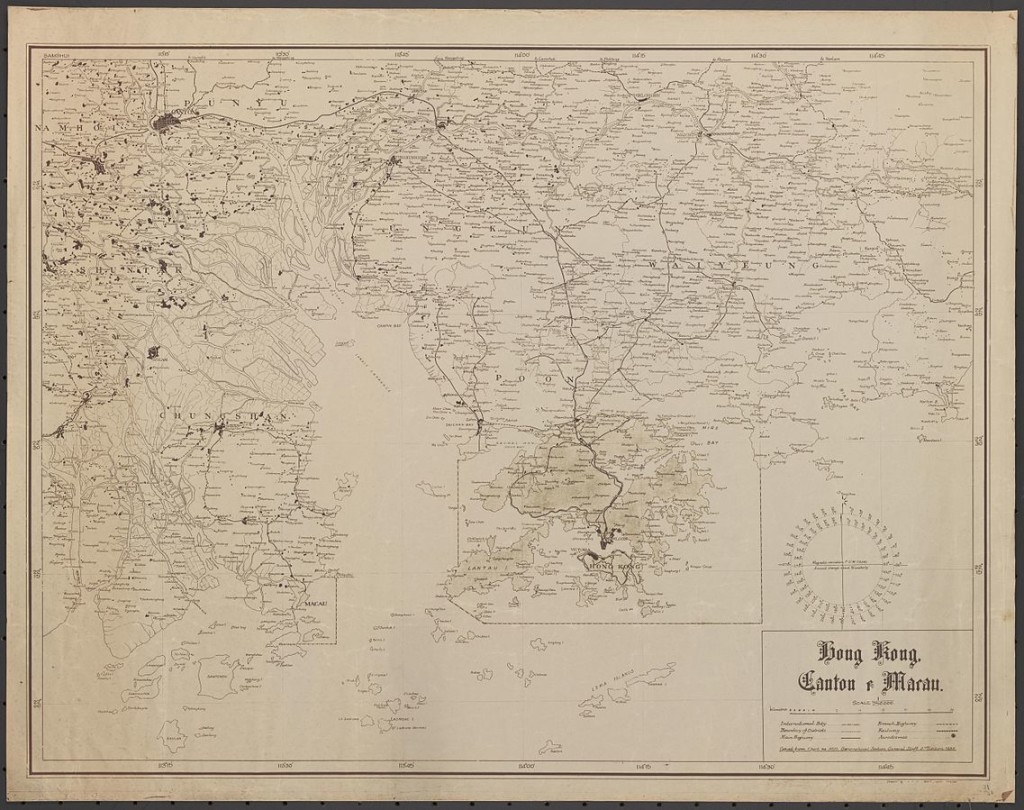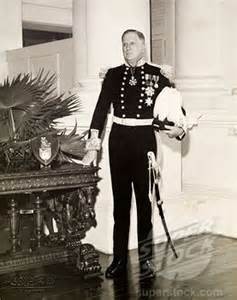Macao and the British reoccupation of Hong Kong
- By Guest blogger
- 16 March, 2016
- No Comments
With its Hong Kong Planning Unit set up in London in 1943, Britain was obviously well prepared for a Japanese capitulation that became increasingly imminent after the American bombing of the Japanese homeland and other events. As it transpired, the British Army Aid Group (BAAG) heading up the anti-Japanese resistance in and around Macau alongside the Chinese Nationalists was not assigned a role by British military planners in the liberation of Hong Kong, especially given sensitivity towards Chungking on this issue. In fact, Whitehall (the British Foreign Office) took the running. With Macau neutral territory and with the British consulate in Macau also covertly connected with British military authorities in Chungking, in February 1945 the British Consul John Pownall Reeves, was also brought alongside in planning for Hong Kong’s reoccupation.
On 19 August 1945 Reeves received instructions to facilitate transport of certain internees in Hong Kong, who wished to cross over to Macau owing to food shortage. Besides mobilizing the Portuguese Red Cross to contact Japanese authorities in Hong Kong to facilitate the release of these POWS, Reeves was also charged to coordinate a mission to Hong Kong to make contact with Franklin Gimson, the former Hong Kong
colonial secretary in captivity in Stanley camp and with the territory still under Japanese military occupation. In the event, the mission was assigned to three resistance members, namely Macau comprador and undercover agent Y.C. Liang (leader), the Macanese Dr. Eddie Gosano, and Rogerio (future ‘Sir Roger’) Hyndman Lobo (the then 22-year old son of Macau’s economic boss, Pedro José Lobo). Departing Macau by sailing junk on the night of 21 August and navigating through mine-strewn waters, the party arrived in Hong Kong the following afternoon. Bearing letters of credential from the British consulate as well as a sealed letter patent, the all-important document drafted by Whitehall as to the reestablishment of British authority in Hong Kong, the party duly made contact with Gimson. As Gosano explained in his memoir, Hong Kong Farewell, their party of three (himself, Lobo and Y.C. Liang) ‘disguised as fishermen,’ reached Hong Kong well before the first British naval vessels arrived.
At Gimson’s request, Liang overnighted at Stanley, where he offered a briefing as to local conditions. As conveyed by the ‘Gimson note’, Whitehall’s policy was to restore British sovereignty and re-establish administration immediately. In the interim, Gimson was to assume interim administrative responsibility a military administration ‘under existing letter patent.’ Responsibility would then fall to Rear Admiral Cecil Harcourt, who arrived in Hong Kong on 31 August.
The concerned British authorities took an early interest in prospective war crimes cases in Macau. Notably, on 25 August 1945, Liang received instructions from BAAG headquarters to ‘report names and full details of war criminals and, if leaving Macao, their intended destinations.’





 Copyright © 2024
Copyright © 2024
Leave a Reply